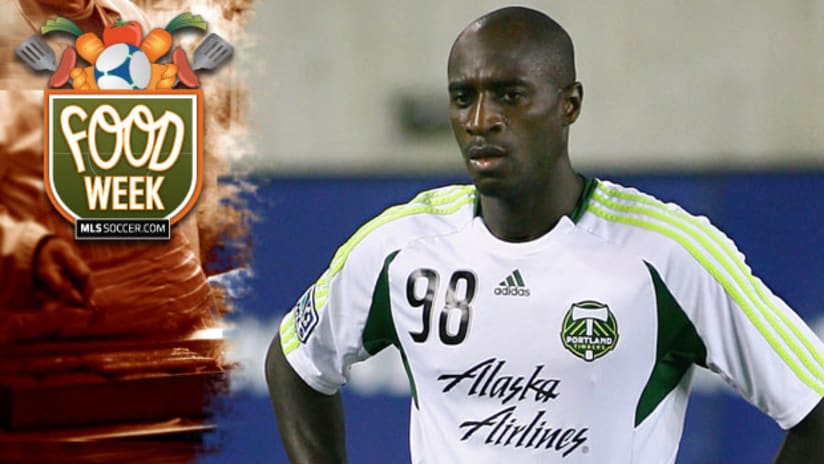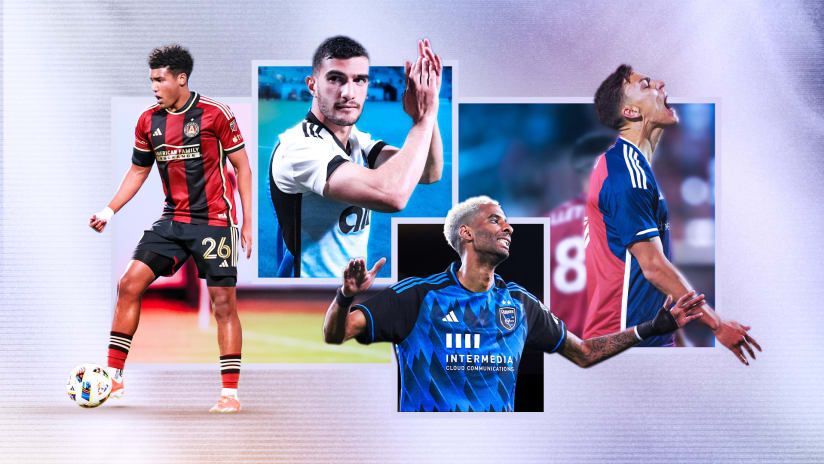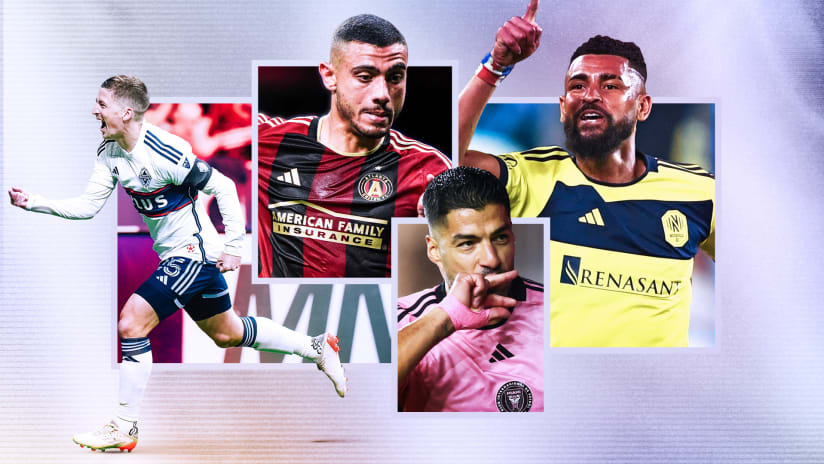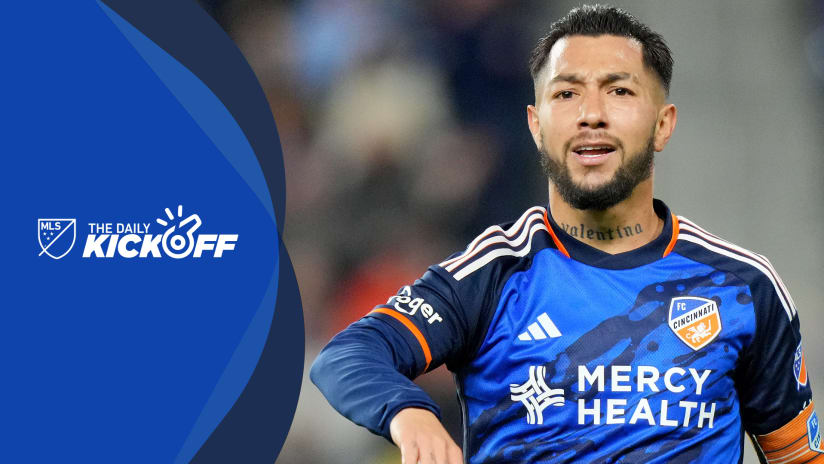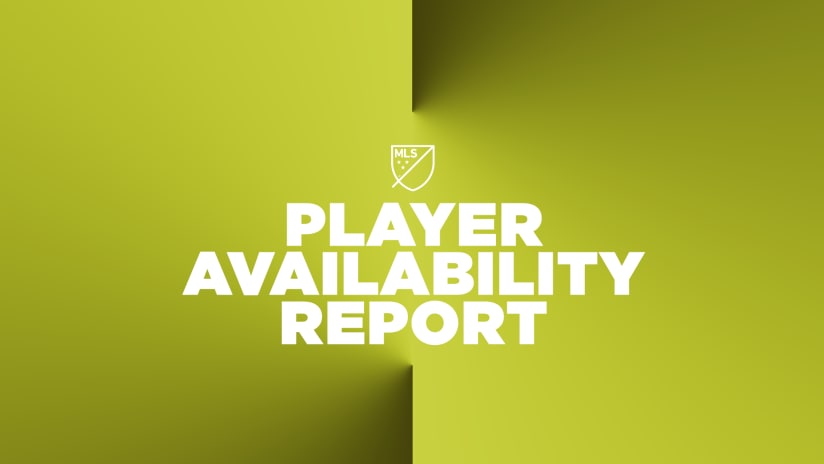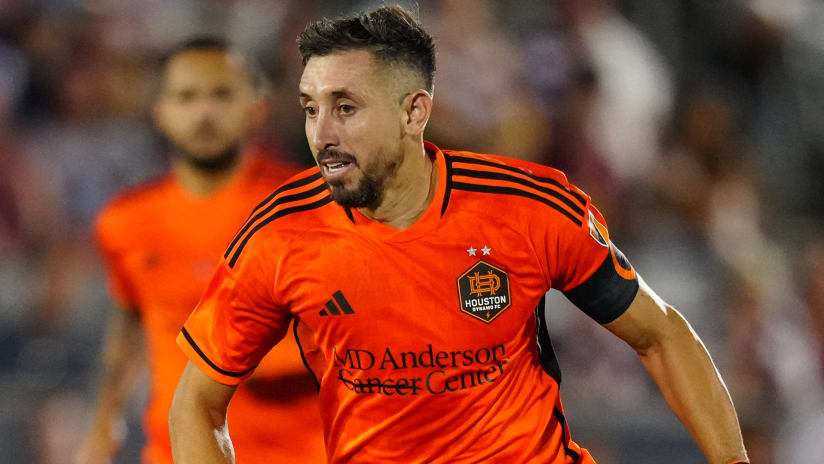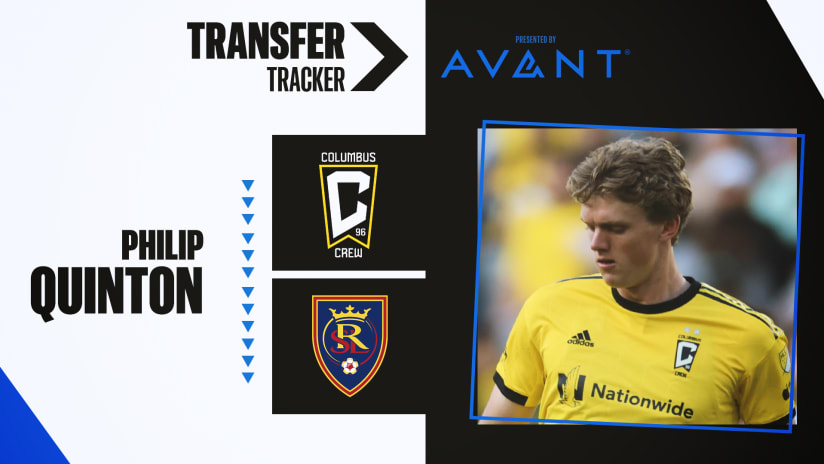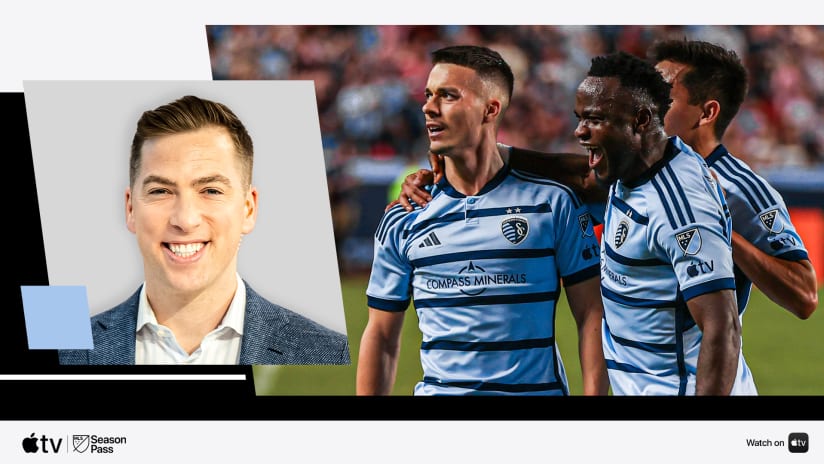Hassoun Camara and Mamadou "Futty" Danso have a decision to make, but it might take some serious thought to figure out if this kind of thing is even possible.
The training schedule for both Camara’s Montreal Impact and Danso’s Portland Timbers pretty much looks something like this for the next few months: workouts, workouts, game day. Wash, rinse, repeat. And somewhere in there, try and find something to eat.
That’s not hard for the majority of the players in MLS, who’ve grown accustomed to the league’s unforgiving schedule during the dog days of summer. Spend a day with any player and you’ll watch him spend almost as much time eating as he does working out, whether it’s meals with the team, quick runs to the sandwich shop with a roommate or family or even the simple protein bar on the ride to the stadium.
But then there’s Camara and Danso, two Muslim players who just might opt out of all of that later this month, when the Islamic holy month of Ramadan begins on July 19.
Ramadan runs through Aug. 18 this year, right through the sweet spot of summer and a taxing schedule for both players. Camara and the Impact have five games scheduled during Ramadan and Danso and the Timbers have four, putting an enormous amount of stress on the players who can maintain their regular eating habits, let the alone the men quietly finding anything to eat before the sun comes up and after sundown.
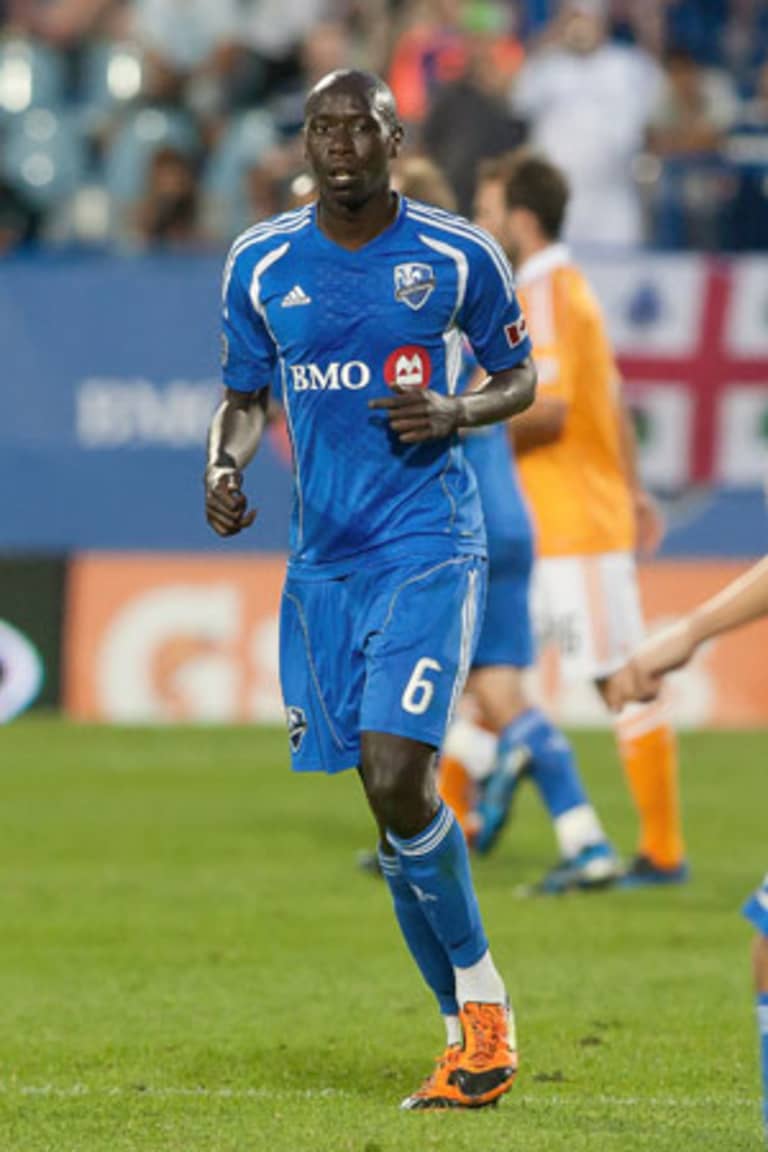
Players fasting during Ramadan are nothing new to MLS, and certainly not the world of sports. In fact, the London Olympics overlap with the holy month this year, leaving some conservative Middle Eastern countries weighing the possibility of letting their Muslim athletes bend the rules and still compete in the Games beginning later this month.
Camara (right) and Danso (above) are weighing their options, too, and both are leaning toward a more lenient approach than they’ve used in years past. Both men have fasted since they were teenagers, but this year, the stakes simply might be too high to complete the task at hand.
“I’m thinking about it,” Camara says with a sigh, “but I don’t think I’m going to do it. In the summer it’s too hard to deal with that.”
Adds Danso: “I’m going to deal with whatever comes, but to be able to fast and play on a Saturday and a Wednesday and another Saturday? Even when you’re not fasting that takes a lot out of you. With this schedule I don’t know if I’ll be able to do it.”
Each man has his reasons to consider going easy. Camara is relatively new to the taxing summer schedule and prior to joining the Impact in the NASL last year had only played in his native France, where Ramadan typically coincides with European soccer’s summer break.
Danso is more accustomed to American summers after three seasons in the USL and his MLS debut last season with the Timbers, but he’s hesitant to risk re-injuring himself the way he did while fasting during Ramadan last season.
“Normally I don’t get injured during the season, but when it’s Ramadan, the muscles just don’t have all the nutrients that they need,” Danso says. “I need to put something in there that they can offload, but there’s nothing there.”
Muslim players typically eat as much as they can before sunrise and then again after sundown, but that leaves their bodies devoid of nutrients not long after morning workouts and in the hours leading up to evening kickoffs on game days.
Maria Pagano is a registered dietician and the Program Manager for Tier 4 Personal Training at Equinox fitness club in New York. She says that while new research indicates that intermittent fasting can actually be beneficial for athletes when it comes to decreasing inflammation and maintaining lean muscle mass, sticking to a strict regimen like the one imposed during Ramadan could do more harm than good to a professional athlete.
“The increased risk of injury comes from less reflex time or the mental focus might not be there,” Pagano says. “Or the loss of muscle mass can lead to a decrease in tissue integrity holding a joint. If they’re vulnerable in a certain area, then that can certainly become an issue.”
Both players said their routine will likely involve large breakfasts before sunrise – think eggs, pasta or some kind of lean protein like beef, fish or poultry – and then equally hefty portions after the sun goes down.
But that’s not easy either. Who wakes up before sunrise to make steak and eggs, followed by a bowl of pasta?
“No one does that,” Danso admits.
There is no magic food that can sustain a professional athlete more than 12 hours until their next meal, but that doesn’t mean it’s hopeless. MLS trainers and athletes are far more educated on nutrition now than the early days of the league, and both Camara and Danso said they plan to work with their team trainers on the best methods to endure the fast if they decide to take it on.
Pagano says there’s a method for both players to maximize the nutritional benefits of their food intake, but it takes discipline. Breakfasts should ideally consist on omelets, whole grain bread or quinoa, yogurt for healthy fats, or even a break from the traditional breakfast menu with chicken, salmon or steak.
Dinner is a similar menu, but there is also some simple advice most people learned from their mothers: eat your vegetables. The greener, the better.
Both Camara and Danso are still unsure how much they’ll fast or even if they’ll do it at all when Ramadan finally arrives later this month, but neither is delusional about the stakes at hand. With their personal lineup spots and careers hanging in the balance and their teams’ fate up in the air as the sweltering summer kicks in, the choice of whether or not to eat becomes one of the most important decisions anyone will make this season.

